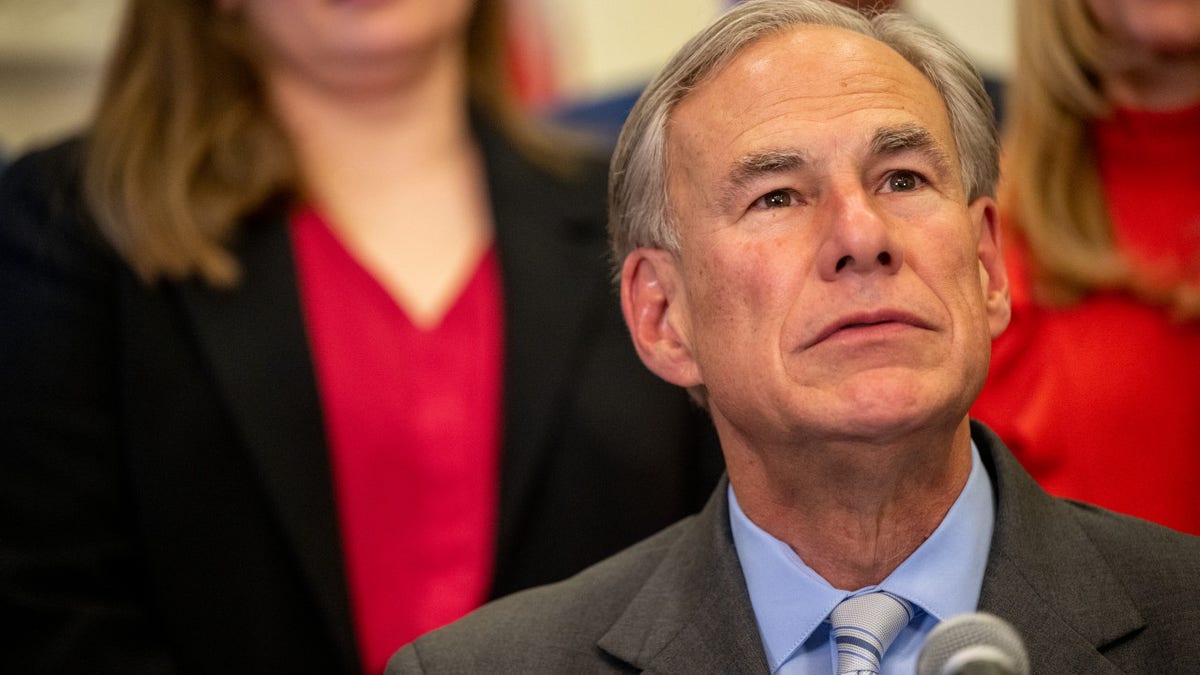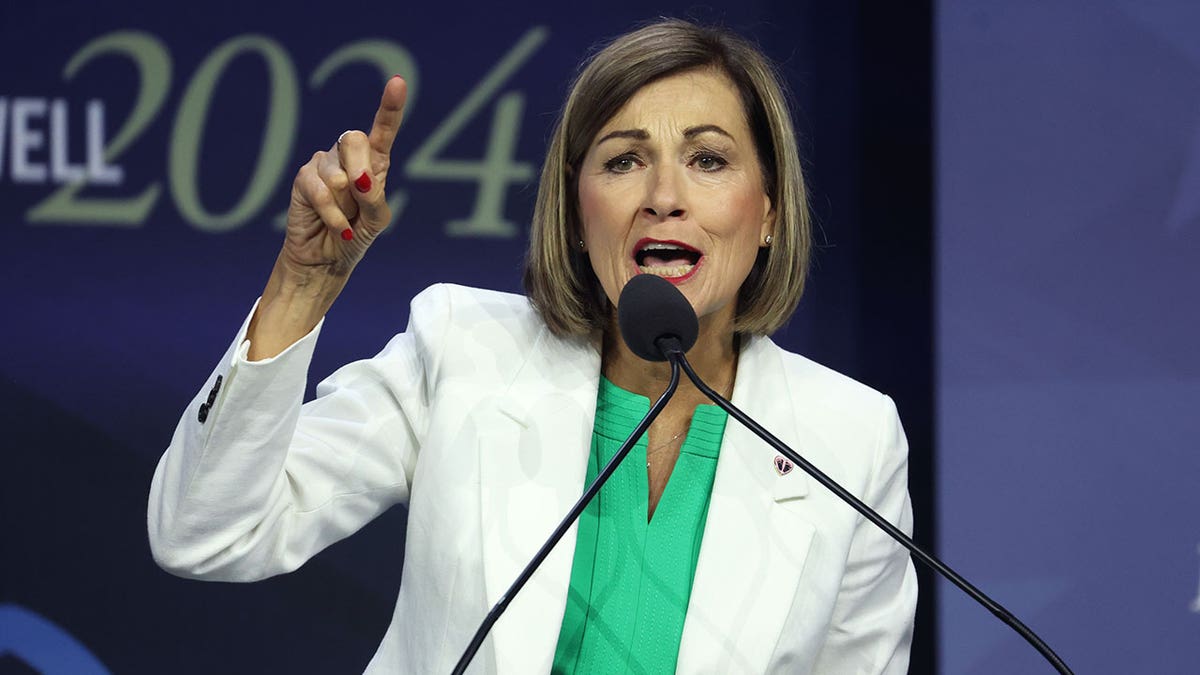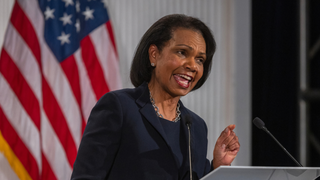Tennessee Gov. Bill Lee outlines school choice, voucher program proposal gaining momentum in state legislature
Tennessee Gov. Bill Lee, a Republican, spoke with Fox News Digital about his school choice proposal advancing in the state legislature as parental rights remain a key 2024 election issue.
Tennessee Republican Gov. Bill Lee vows to vet future GOP primary candidates on whether they support school choice support in the next election cycle.
"I’ve said a lot of times I get engaged in elections, and I get engaged in candidates, and I’ve met with several candidates, some who are in open seats; some who are incumbents," Lee said, according to WKRN News 2. "This year what I’m talking to candidates about is education freedom and choice for parents. I want to know where new candidates stand on that issue because it’s so important to me, so you’ll see me talking to candidates."
Tennessee Republicans have been divided over the issue, especially lawmakers who represent rural school districts.
According to WKRN News 2, Lee was asked whether he would reject anti-school choice Republicans during the primary election.

EAGLE PASS, TEXAS - FEBRUARY 4: Governor of Tennessee Bill Lee joins Texas Gov. Greg Abbott and fellow Governors for a press conference along the Rio Grande at the U.S.-Mexico border to discuss Operation Lone Star and border concerns on Sunday, February 4, 2024 in Eagle Pass, Texas. (Raquel Natalicchio/Houston Chronicle via Getty Images)
"I will find out everything about all the candidates in a particular district to understand who I can be most supportive and most helpful to," Lee said.
However, the local news reported that the governor didn't "explicitly say yes or no."
After Lee expected a school choice "revolution" to unfold in the Volunteer State, his hopes were struck down back in March when a school choice bill died in the state legislature. Lee’s school choice bill was struck down last legislative session, which delayed any possible statewide school voucher program until at least next year.
In an interview with Fox News Digital, Lee touted a "revolution in America right now around school choice." Lee called for a $400 million bill to overhaul public school achievement testing and implement universal school choice advances in the state legislature.
However, Lee’s hopes could become a reality, according to American Federation For Children senior fellow Corey DeAngelis.
DeAngelis told Fox News Digital that the "so-called" Republicans should have learned a lesson from recent state GOP primary elections, which saw some incumbents lose over this issue. He added that Tennessee should have no problem passing the Republican Party platform issue of school choice as Republicans control both chambers.
HERE’S WHY RURAL REPUBLICANS ARE FINALLY BEGINNING TO SHIFT AND SUPPORT SCHOOL CHOICE
"Governor Bill Lee should help parents hold these fake Republicans accountable as we witnessed with Texas Governor Greg Abbott in the March primaries. In fact, good news is that Gov. Lee just told local reporters he will ‘certainly be talking to primary candidates about how they feel about school choice.’"
DeAngelis referred to comments Lee made that were covered by ABC News in April.
"I’ve always been engaged in primaries in the state whenever there’s an election," Lee told local reporters, per ABC News in April. "But I’ll certainly be talking to primary candidates about how they feel about school choice."
Lee’s comments echo two other GOP governors, who are using the issue of school choice as a litmus test for their support. Texas Gov. Greg Abbott and Iowa Gov. Kim Reynolds announced they would get involved in their party's primaries to help give the boot to any candidates opposing school choice.

Texas Gov. Greg Abbott looks on during a news conference on March 15, 2023 in Austin, Texas. Abbott has butted heads with big-city mayors over the migrant crisis at the southern border. (Brandon Bell/Getty Images)
Abbott, who recently promised school vouchers to be available soon, deliberately sought to remove anti-school choice Republicans during this year's state primary elections.
Several rural Republicans in Texas lost their primary, including staunch anti-school choice critic Rep. Travis Clardy. The 12-year incumbent was defeated in the primary by Joanne Shofner in House District 12 on March 5.
In the Midwest, Reynolds endorsed nine candidates with a pro-parent platform in primary elections, ousting the incumbent GOP candidates who did not support that platform. She was able to pass universal school choice legislation.
CLICK HERE TO GET THE FOX NEWS APP
The Hawkeye State joined a wave of red states passing universal school choice legislation when Reynolds signed an unprecedented school choice bill called the Students First Act. It allows any Iowa student to use public money to pay for private school tuition or other expenses.
Lee's office did not immediately respond for comment.

Iowa Governor Kim Reynolds speaks at the Family Leadership Summit on July 14, 2023 in Des Moines, Iowa. (Scott Olson/Getty Images)
The Associated Press contributed to this report.











































